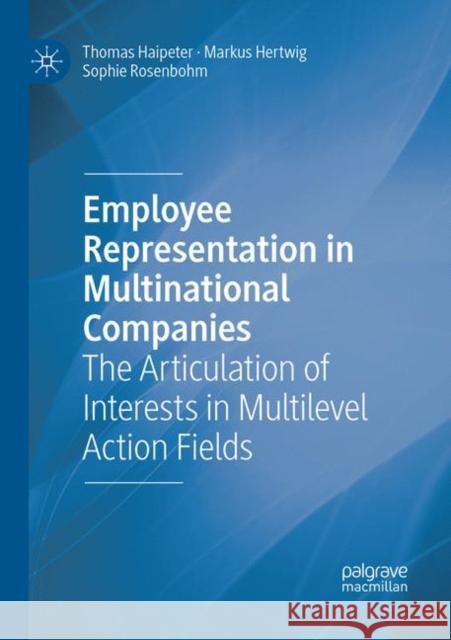Employee Representation in Multinational Companies: The Articulation of Interests in Multilevel Action Fields » książka
topmenu
Employee Representation in Multinational Companies: The Articulation of Interests in Multilevel Action Fields
ISBN-13: 9783030073756 / Angielski / Miękka / 2018 / 294 str.
Employee Representation in Multinational Companies: The Articulation of Interests in Multilevel Action Fields
ISBN-13: 9783030073756 / Angielski / Miękka / 2018 / 294 str.
cena 403,47
(netto: 384,26 VAT: 5%)
Najniższa cena z 30 dni: 385,52
(netto: 384,26 VAT: 5%)
Najniższa cena z 30 dni: 385,52
Termin realizacji zamówienia:
ok. 22 dni roboczych.
ok. 22 dni roboczych.
Darmowa dostawa!
Kategorie:
Kategorie BISAC:
Wydawca:
Palgrave MacMillan
Język:
Angielski
ISBN-13:
9783030073756
Rok wydania:
2018
Wydanie:
Softcover Repri
Ilość stron:
294
Waga:
0.36 kg
Wymiary:
21.01 x 14.81 x 1.65
Oprawa:
Miękka
Wolumenów:
01
Dodatkowe informacje:
Wydanie ilustrowane











